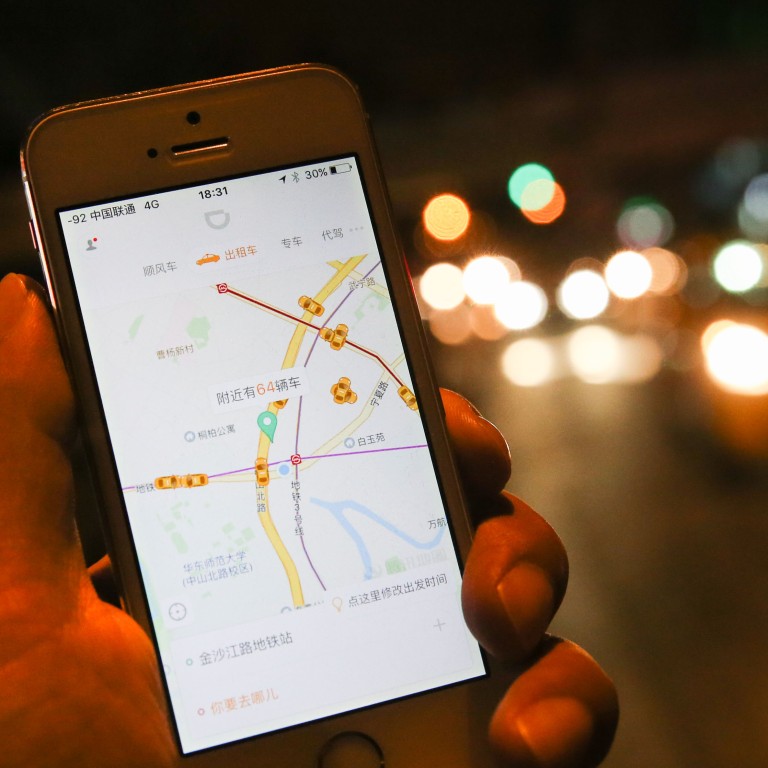
New | Here’s what analysts are saying about Uber’s plan to push into China
Uber says it plans to continue its push into China even amid new draft rules that could force a change in its business model
Uber will continue its push into China despite the prospect of strict new laws that could restrict ride-hailing apps at the national level, leaving analysts “puzzled” as to their long-term strategy.
Barclays Equity Research capital goods and auto research analyst Song Yang said she was unsure how Uber could effectively operate under the proposed new laws, which were issued in draft form in October.
“I’m pretty puzzled,” Yang said “Maybe they’re hoping for some tweaks in the legislation to allow them to use private vehicles more freely but you know without certainty of the regulation, if they’re still pushing ahead in 100 cities it does feel a bit risky on their side.”
Uber chief executive Travis Kalanick, speaking at Beijing event in September, said he wanted to expand the ride-sharing app to 100 mainland cities in the coming year, an aim restated by the company’s China head of strategy Liu Zhen in the past week.

University of Hong Kong public transport expert James Wang Jixian said the draft laws would make it very difficult for Uber to move into large cities such as Shanghai and Beijing.
“The two documents in one word are trying to, not slow down, but make sure there are some regulations in place to prevent a big trial for Uber in China,” he said.
Beijing last month released draft regulations for ride-sharing applications which would significantly tighten current laws.
The Ministry of Transport will require online car-booking companies such as Uber and its home-grown competitor Didi Kuaidi to be licensed and have their prices set by the government.
“Internet-based car-booking operators should not be in a dominant position in any place they offer services, and must not hinder fair market competition,” the draft regulations said.
The new laws will be designed to protect traditional taxi services, under threat of million-dollar fines.
Yang said the biggest sticking point for private car owners working for Uber would be the requirement for them to register their cars as commercial vehicles.
“If you register it as a commercial vehicle it will be scrapped after eight years,” she said. “I think most private car owners would not be willing to sacrifice their vehicles.”
Still, Wang said he wasn’t surprised Uber wasn’t giving in.
“It’s a big, big challenge to do and I think there are several things they must consider very carefully,” he said.
Uber’s China head of strategy Liu Zhen in the past week was cited by Blooomberg as saying the company plans to proceed even if the regulations are passed as is.
“It just means extra work we have to do to comply with the regulations, but I don’t think the overall strategy and the products need to go through any major changes,” Liu was cited as saying.
Other analysts said it’s not clear that the ride-hailing legislation will be passed into law as proposed, especially if lobbyists can put forward the idea that a softer touch is needed to help foster more innovation in the sharing economy.
“We feel there is room for adjustment for the draft regulation,” said He Xia, a senior engineer at the Ministry of Industry and Information Technology. She acknowledged that the ride-hailing business was a huge “transboundary” market.
